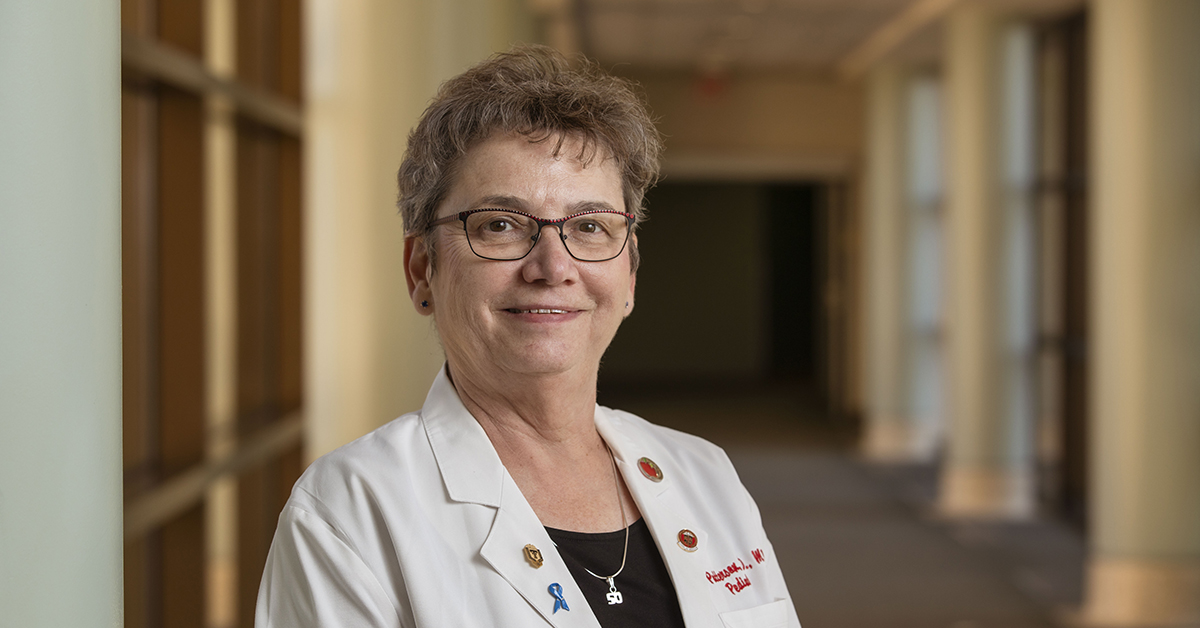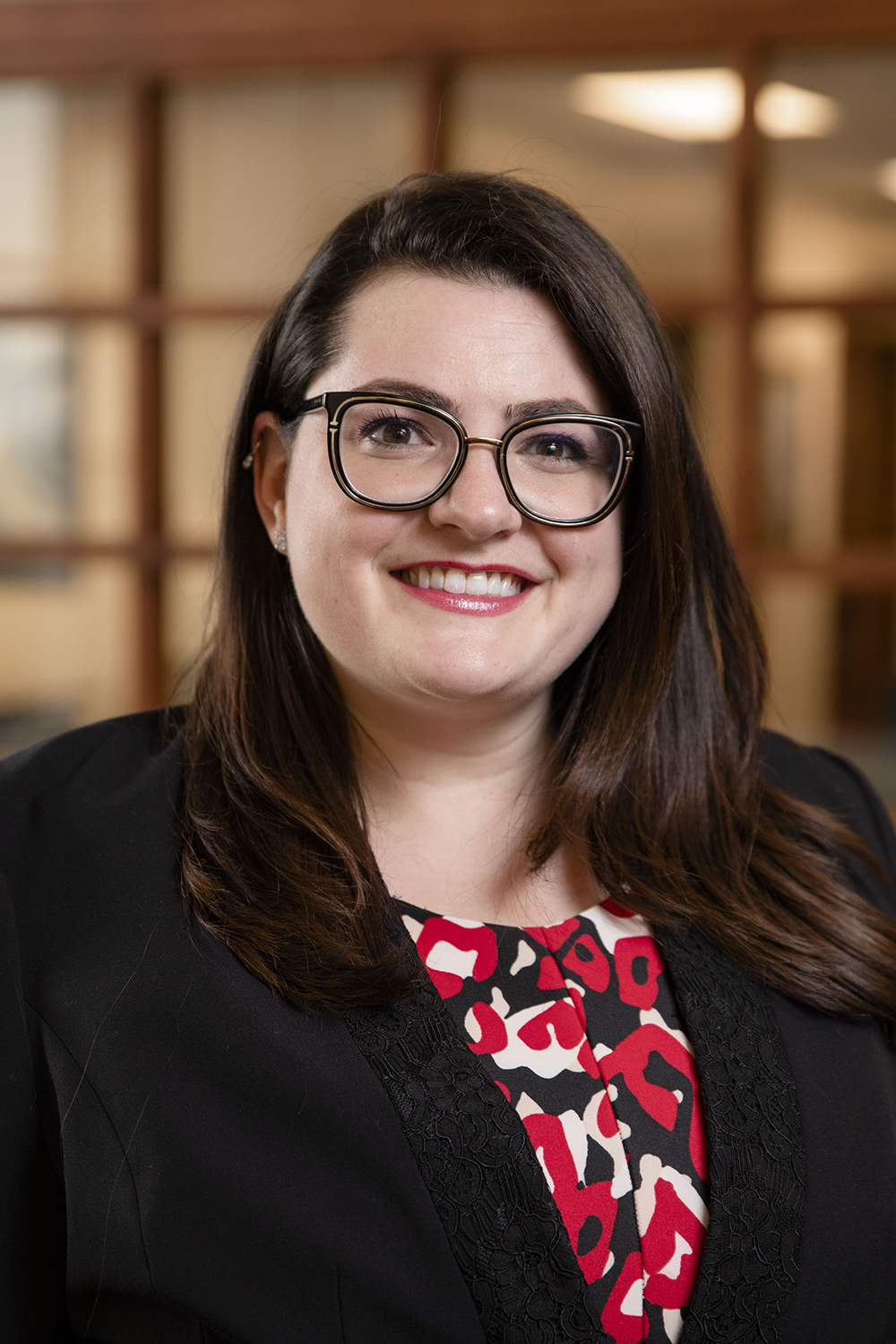Tips for Stressed Parents
Balancing Family, Work, and COVID-19

Even now that cities are opening back up, there are new guidelines, policies and social distancing regulations to abide by. Through this confusing process, there has been a necessary focus on understanding children’s needs and anxieties in this uncertain environment. But what about their parents?
COVID-19 might bring strange new challenges into children’s lives, including acclimating to new learning environments and coping with separation from friends, groups and activities. But each new hurtle for children is also an obstacle for parents--many of whom are already having to adapt to their own set of changes.
Without question, spending such extensive time with loved ones can become straining. Patti Patterson, M.D., MPH, a pediatrician at Texas Tech Physicians, says that feeling stressed right now is completely normal for parents.
“Parents are stressed,” Patterson says. “There's financial pressures and all kinds of things going on, so they need to take care of themselves.”
Our experts, along with guidelines from the Centers for Disease Control (CDC), can help lay out the easiest path through Coronavirus-related anxiety. By identifying stress as it presents itself and reacting accordingly, not only will parents find themselves in an optimal emotional environment--but they will be displaying healthier behavior to their children.
Recognizing Stress
During this outbreak, parents often spend so much time taking care of their families
and jobs that they forget to check in on themselves.
While everyone reacts differently to these new circumstances, the CDC has provided some common signs that parents might have built-up anxiety--including changes in energy levels, sleeping habits or use of substances like alcohol or tobacco. A desire to be alone most of the time or an inability to experience pleasure are also signs of strained emotional health.
For those who find it difficult to evaluate their own current emotions, talking with a loved one might be an easier option.
“You and your spouse can talk about these things and you can share those responsibilities,” says Patterson. “It can really be helpful.”
Finding Time Alone
While there are many ways to calm stress and anxiety around the coronavirus, a quality
that all of these methods share is that they focus on staying healthy. Patterson points
out that the only possible way for parents to take care of their children is by also
taking care of themselves.
“Take a little bit of time, even a little walk, whatever you can do to be sure that you're healthy because if you're not healthy, there's no way you can take good care of your kids,” says Patterson.
No matter how much parents have to juggle during the day, it is vital that individuals get time to themselves. “Me” time might include going for a walk and getting some much needed time outdoors, or it could mean other forms of maintaining privacy. The CDC recommends that individuals relax both the body and the mind often--journaling, breaks from work and meditation are good for relaxation, while stretching and deep breathing might help physically restore a sense of calm.
Preserving Physical Health

For those who feel out of control in these novel situations, it can help to remember that maintaining good hygiene is the most essential way to prevent the spread of germs. Amy Stark, M.D., a psychiatrist at Texas Tech Physicians, recommends focusing on the controllable rather than the unknown.
“Recognize what you can control and focus your energies there,” Stark says. “Avoid large crowds, practice good hygiene and don’t touch your face.”
In addition to handwashing, parents can establish other routines to make sure they are staying physically healthy. Taking walks and going outdoors are not just ways of finding space and quiet time -- they help keep your body healthy, as well. The CDC has suggestions that, while they might seem basic, consist of integral needs that could get neglected during this hectic time. These suggestions include maintaining an exercise routine, staying hydrated and getting enough sleep nightly. It’s also beneficial to avoid excessive use of alcohol or tobacco.
Regulating Media Consumption
One of the ways many individuals unwind includes scrolling through social media, or
watching television. Unfortunately, it can be tempting to allow that to turn into
24 hours of updates about COVID-19 per day.
Staying informed is crucial, but constantly looking at information about the coronavirus can be harmful to your mental health. Avoiding this will not only help parents feel better, but it will positively affect their children as well.
“Get good information, but limit it,” Patterson says about COVID-related media. “Spend more time just talking, finding games to play, being involved with the kids and reassuring them as much as you can.”
Stark points out that when it comes to coronavirus content, quality is an issue as well as quantity.
“Limit news from unreliable sources,” advises Stark. “Refer to experts like the CDC or your physicians for updates.”
Credible outbreak sources, such as the CDC’s website and the World Health Organization (WHO), provide the most current factual information without spreading unnecessary fear.
Forgiving and Accepting (Yourself)
Parents tend to their children, create a learning environment for them, work from
home and stay away from others during this period of uncertainty. The combination
of these things is agitating, which can make parents feel as though they are not handling
the situation well. These thoughts are far from the truth.
One of the ways that parents can combat stress in these strange times is to cut themselves some slack. Remember--these experiences are not something anyone is going through alone.
The CDC emphasizes that people across the nation are sharing these feelings of anxiety. According to the CDC’s mental health resources, “feeling stressed, depressed, guilty, or angry is common after an event like an infectious disease outbreak, even when it does not directly threaten you.”
Parenting is never an easy job, and it’s important to allow room for mistakes in this strenuous time.
“Just because you may be getting frustrated at some of the things that are going on, that doesn't mean you're a bad parent.” Patterson encourages. “It means that you're a normal person just trying to deal with extraordinary circumstances.”
Related Stories
Celebrating Veterans: TTUHSC’s General Martin Clay’s Legacy of Service and Leadership
From his initial enlistment in the Army National Guard 36 years ago to his leadership in military and civilian health care management roles, Major General Martin Clay’s career has been shaped by adaptability, mission focus and service to others.
Texas Tech University Health Sciences Center School of Nursing Named Best Accelerated Bachelor of Science in Nursing Program in Texas
The TTUHSC School of Nursing Accelerated Bachelor of Science in Nursing (BSN) program has been ranked the No. 1 accelerated nursing program in Texas by RegisteredNursing.org.
TTUHSC Names New Regional Dean for the School of Nursing
Louise Rice, DNP, RN, has been named regional dean of the TTUHSC School of Nursing on the Amarillo campus.
Recent Stories
National Academy of Inventors Names TTUHSC Faculty Senior Members
The National Academy of Inventors (NAI) has designated two current and one former TTUHSC faculty researchers as Senior Members.
The John Wayne Cancer Foundation Surgical Oncology Fellowship Program at Texas Tech University Health Sciences Center Announced
TTUHSC is collaborating with the John Wayne Cancer Foundation and has established the Big Cure Endowment, which supports the university’s efforts to reduce cancer incidence and increase survivability of people in rural and underserved areas.
TTUHSC Receives $1 Million Gift from Amarillo National Bank to Expand and Enhance Pediatric Care in the Panhandle
TTUHSC School of Medicine leaders accepted a $1 million philanthropic gift from Amarillo National Bank on Tuesday (Feb. 10), marking a transformational investment in pediatric care for the Texas Panhandle.
